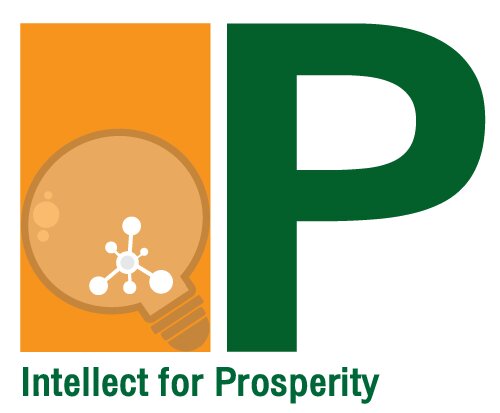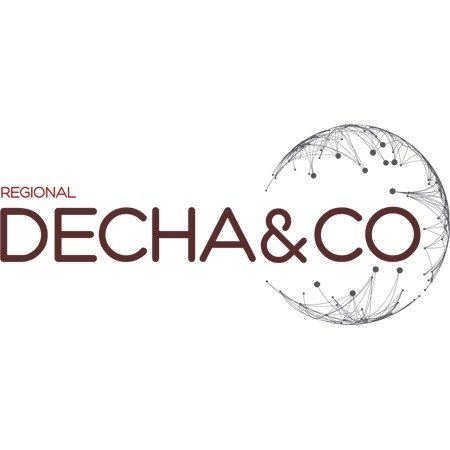Best Structured Finance Lawyers in Thailand
Share your needs with us, get contacted by law firms.
Free. Takes 2 min.
Or refine your search by selecting a city:
List of the best lawyers in Thailand
Legal guides written by SIAM LEGAL INTERNATIONAL:
- Defamation Laws in Thailand: Criminal Charges and Civil Suits
- The State of Thailand’s Long-Term Resident (LTR) Visa Program in 2025
- The Penalties Of Not Filing Your Income Tax Return As A Foreigner In Thailand
About Structured Finance Law in Thailand
Structured Finance in Thailand covers a wide range of complex financial transactions where assets or cash flows are pooled, repackaged, and sold as securities. This type of finance is most commonly used for large and intricate projects or transactions that cannot be financed with traditional loans. In Thailand, structured finance often involves asset-backed securities, securitization, project finance, and syndicated loans. The practice is governed by several local laws and heavily regulated to protect both investors and issuers. Government agencies such as the Securities and Exchange Commission of Thailand (SEC) and the Bank of Thailand are key regulators in this sector.
Why You May Need a Lawyer
Structured finance transactions are complex and often involve multiple parties, intricate contracts, and significant regulatory oversight. You may need a lawyer if you are:
- Planning to issue or invest in asset-backed securities
- Engaged in project finance for infrastructure or major development
- Working with syndicated loans or loan participation
- Seeking to securitize assets such as mortgages, receivables, or other future cash flows
- Negotiating cross-border structured finance deals
- Ensuring compliance with Thai financial regulations
- Managing risk or addressing disputes that arise from structured transactions
A qualified Thai lawyer can help you navigate the regulatory landscape, draft and review contracts, identify potential legal risks, and ensure your transactions comply with both local and international finance standards.
Local Laws Overview
Structured Finance in Thailand is influenced by specific local laws and regulatory frameworks. Key aspects include:
- Securitization Laws: Thailand enacted the Royal Decree on Special Purpose Juristic Persons for Securitization to facilitate the issuance of asset-backed securities and establish rules for special purpose vehicles (SPVs).
- Securities and Exchange Act: This act, overseen by the SEC, regulates the issuance and trading of securities, including disclosure and reporting requirements.
- Bank of Thailand Regulations: These apply when transactions involve commercial banks or financial institutions, particularly on capital requirements and risk management.
- Foreign Exchange Laws: When transactions have a cross-border element, rules around currency conversion and foreign ownership may apply.
- Tax Regulations: Special tax provisions may apply to structured finance deals, particularly around SPVs and the transfer of assets.
- Bankruptcy Laws: Protections for creditors and priorities in insolvency situations are relevant in structured transactions, especially for investors in asset-backed securities.
Frequently Asked Questions
What is structured finance?
Structured finance refers to complex financial arrangements that use pooling of assets and cash flows to create securities or lending structures that are tailored to the needs of both borrowers and investors.
What are common types of structured finance products in Thailand?
Common products include asset-backed securities, mortgage-backed securities, collateralized loan obligations, and project finance arrangements for major infrastructure or commercial projects.
Who regulates structured finance in Thailand?
The Securities and Exchange Commission of Thailand (SEC) is the main regulatory body for securities-related matters, while the Bank of Thailand regulates banks and financial institutions involved in such transactions.
Do I need a license to engage in securitization or structured finance?
Yes, entities that issue asset-backed securities or manage special purpose vehicles must comply with regulatory licensing and approval processes governed by the SEC and other relevant authorities.
Can foreign investors participate in structured finance deals in Thailand?
Yes, foreign investors can participate, but there are specific rules regarding foreign ownership, exchange control, and cross-border transfers that must be observed.
What are special purpose vehicles (SPVs) in the context of Thai law?
SPVs are separate legal entities created to hold assets and issue securities in structured finance transactions. They are strictly regulated and must operate within the framework set out in the relevant laws.
How are structured finance transactions taxed?
Thailand has specific tax provisions for structured finance, especially regarding income, withholding, and value-added taxes. Tax efficiency often depends on the structure of the deal and proper compliance with relevant tax guidelines.
Is securitization commonly used in Thailand?
Yes, especially for real estate, auto loans, and other receivables. However, the market is still developing compared to some other countries and is subject to evolving regulatory requirements.
What are the main legal risks in structured finance transactions?
Legal risks include failure to comply with financial regulations, unclear contract terms, tax liabilities, insolvency risks, and enforceability of collateral or asset transfers.
How can I ensure my structured finance transaction complies with Thai law?
Involving an experienced legal advisor from the planning stage helps ensure compliance, draft valid contracts, and mitigate potential risks associated with regulatory, tax, and insolvency issues.
Additional Resources
For more information and support, the following Thai authorities and organizations provide guidance on structured finance:
- Securities and Exchange Commission of Thailand (SEC): Oversees and regulates securities markets and transactions, including structured finance
- Bank of Thailand: Regulates the country's banking sector and related transactions
- Ministry of Finance: Responsible for general economic and fiscal policy, including special provisions for finance and taxation
- Thai Bond Market Association: Provides information and resources for bond and structured product markets
- Legal and financial professional associations: Offer directories of specialized lawyers and advisors
Next Steps
If you need legal assistance in structured finance matters in Thailand:
- Identify your specific needs, such as issuing securities, setting up an SPV, or advising on project finance.
- Consult with a qualified Thai lawyer or law firm specializing in finance and securities law.
- Prepare documentation relating to your proposed transaction, including asset details and intended structure.
- Work with your legal advisor to navigate licensing, regulatory compliance, and contract drafting.
- Stay informed about ongoing legal and market developments through official resources and experienced professionals.
Taking these steps will help ensure your structured finance activities in Thailand are compliant, efficient, and legally sound.
Lawzana helps you find the best lawyers and law firms in Thailand through a curated and pre-screened list of qualified legal professionals. Our platform offers rankings and detailed profiles of attorneys and law firms, allowing you to compare based on practice areas, including Structured Finance, experience, and client feedback.
Each profile includes a description of the firm's areas of practice, client reviews, team members and partners, year of establishment, spoken languages, office locations, contact information, social media presence, and any published articles or resources. Most firms on our platform speak English and are experienced in both local and international legal matters.
Get a quote from top-rated law firms in Thailand — quickly, securely, and without unnecessary hassle.
Disclaimer:
The information provided on this page is for general informational purposes only and does not constitute legal advice. While we strive to ensure the accuracy and relevance of the content, legal information may change over time, and interpretations of the law can vary. You should always consult with a qualified legal professional for advice specific to your situation.
We disclaim all liability for actions taken or not taken based on the content of this page. If you believe any information is incorrect or outdated, please contact us, and we will review and update it where appropriate.
Browse structured finance law firms by city in Thailand
Refine your search by selecting a city.

















